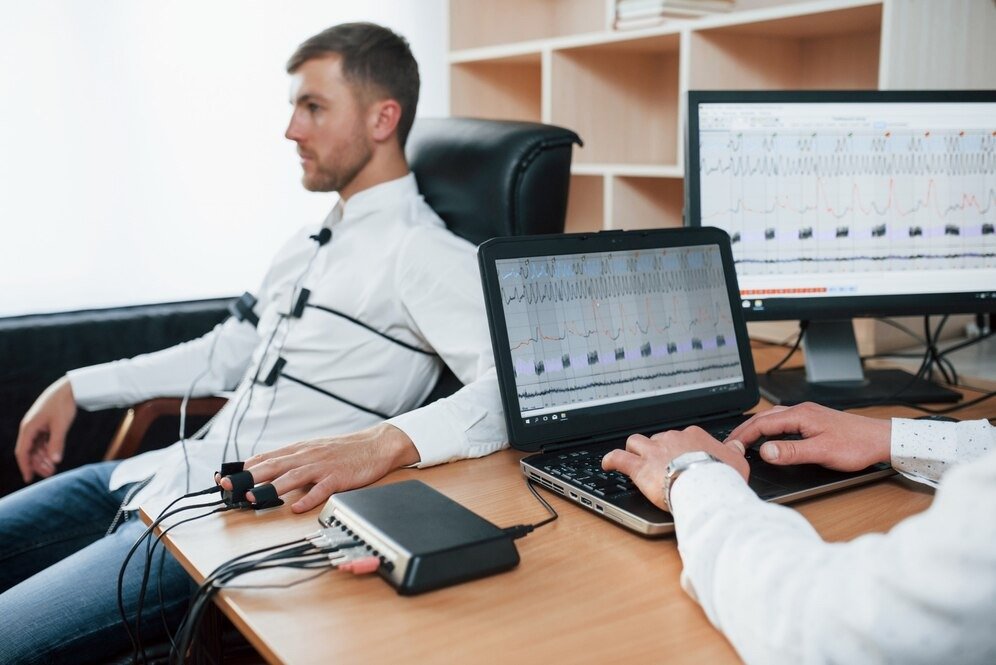ECG
ECG


ECG



An Electrocardiogram, commonly known as an ECG or EKG, is one of the most fundamental and non-invasive tools used in cardiology to assess the heart’s health. It records the electrical activity of the heart and helps identify a wide range of heart conditions, including arrhythmias, heart attacks, and other cardiac disorders.
Dr. Mamtesh Gupta, DM – Cardiology, is a highly experienced and respected cardiologist in Meerut, known for her thorough approach in diagnosing and managing cardiovascular diseases. With her expertise, an ECG becomes more than just a routine test—it becomes a vital first step toward understanding and improving your heart health.
What is an ECG?
An ECG is a painless test that records the electrical signals generated by the heart. Every heartbeat is triggered by an electrical impulse that travels through the heart. By placing small electrodes on the chest, arms, and legs, the ECG captures this electrical activity and displays it as a waveform on paper or a monitor.
This waveform helps Dr. Mamtesh Gupta analyze:
Heart rate and rhythm
Electrical conduction pathways
Signs of previous or current heart attacks
Enlargement of heart chambers
Electrolyte imbalances or medication effects
An ECG provides valuable information within minutes and is often the first diagnostic step when evaluating symptoms such as:
Chest pain or discomfort
Shortness of breath
Dizziness or fainting
Rapid or irregular heartbeat
Fatigue or weakness
High blood pressure
Early detection through an ECG allows Dr. Gupta to initiate timely treatments and prevent potential complications such as stroke or heart failure.
Dr. Mamtesh Gupta’s clinic is equipped with modern ECG technology to ensure accurate and high-resolution recordings. She offers:
Resting ECG: Conducted while the patient is lying down in a relaxed position; ideal for initial evaluations.
Stress ECG (Treadmill Test): Done while walking on a treadmill to assess the heart’s performance under physical stress.
Holter Monitoring: A continuous 24- to 48-hour ECG recording that captures heart activity during daily activities and sleep.
Event Monitoring: Patient-activated ECG recording, useful for infrequent symptoms.
These different types of ECGs help Dr. Gupta gain deeper insights into how the heart functions in various conditions and time frames.
While an ECG machine captures data, accurate interpretation is what turns it into a powerful diagnostic tool. Dr. Mamtesh Gupta brings years of clinical experience and specialized cardiology training (DM – Cardiology) to precisely evaluate ECG results. She combines this data with patient history, physical examination, and other diagnostic tests to arrive at a clear and confident diagnosis.
Her ability to detect subtle abnormalities that might be missed by automated systems ensures that patients receive early and effective treatment.
The ECG test is quick, usually taking 5 to 10 minutes, and involves no pain or radiation exposure. Electrodes are gently placed on the skin, and patients can resume their normal activities immediately after the test.
Dr. Mamtesh Gupta recommends an ECG if:
You have symptoms suggestive of heart problems.
You are over the age of 40 and want a baseline test.
You have a family history of heart disease.
You’re planning to start a new fitness program or surgery.
You're on medications that can affect heart rhythm.
Whether it’s a routine check-up or an urgent cardiac concern, an ECG performed and interpreted by an expert like Dr. Mamtesh Gupta can make all the difference. It’s a safe, fast, and effective way to take control of your heart health.
Book your consultation today and take the next step toward protecting your heart and your life.